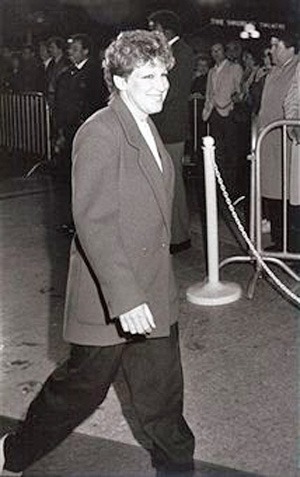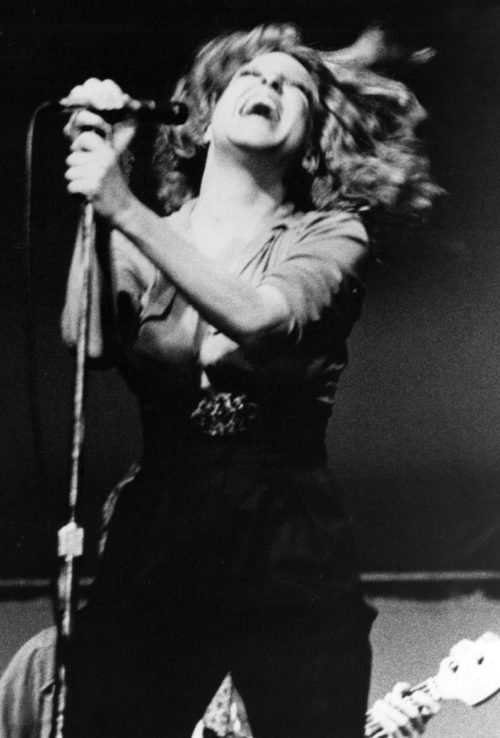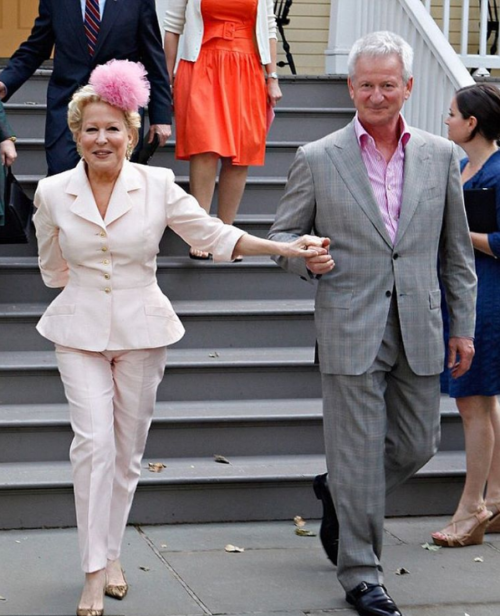Mister D: Of Course, Bette was Tom’s first Choice as a duet partner, but she was busy at the time making Divine Madness.
Daily Herald
Coppola liked bar band sound of Waits., put him in his movie
by Lisa Robinson
Monday, January 25, 1982
When Francis Ford Coppola chose to screen his new movie, “One From The Heart,” at Radio City Music Hall last week in defiance ot P a r amo u nt Pictures (executives there were m i f f ed that Coppola didn’t show the f i lm to distributors first), it was the talk of the town.
Two celebrity-filled screenings were sold out q u i c k ly (the celebs were seated in the mezzanine, wh i le the other 3,000-plus seats were sold to the public at $5 per ticket); and the f i l m, advertised as the ” f i n al preview,” became an exciting event.
One of those present was singer/songwriter Tom Waits, who did the music for the movie a n d, a long w i th c o u n t ry singer Crys t al Gayle, performed the songs in it ( P a r amo u nt has said it will not release the movie).
Waits watched the final version of the movie along w i th people such as Robert DeNiro, Martin Scorsese, Nastassia K m s k i, Ha rvey Keitel and Bianca Jagger This is somewhat amusing, since Waits, with his pointy-toed shoes, black caps and somewhat scruffy suits, was, up u n t il a few years ago, l i v i ng a quiet and very low-key life at the Trop i c a na Hotel in Los Angeles, ma k i ng bluesy, boozy records that were appreciated by w h at is usua l ly described as a large “cult.”
How did Tom Waits get involved w i th “One From The Heart”
TELEPHONING FROM Los Angeles, whe re he returned two days a f t er the screening, Waits told me, “Someone sent Francis (Coppola) some albums of mine, and he’d heard a duet I’d done wi th Bette Midler He said he want ed the music to be a sort of lounge operetta’ – to sound like a bar b a nd ”
Wa i ts was a perfect choice. As it t u r ns o u t, the music is wonde r ful and f i ts the above description as well as the setting for the film – Las Vegas.
“I worked at Zoetrope Studios in an off i ce w i th j u st a piano and a script, and we’d have periodic musical s u m m it
meetings,” says Waits about the wr i ting process “We discussed the concept of developing a score t h at would give a certain buoyancy to the story, but it was all conjecture – like a blind assignment for a while – because the movie wasn’t finished I had never worked on a f i lm score before,” added Waits (who did appear briefly as the honky-tonk piano player in “Paradise Alley”),
“and I wrote a lot of songs not knowing if they’d fit into the finished film.”
WAITS ADMITS that he wasn’t the most disciplined of songwriters before this experience. But now he says, “I grew a lot, and f e lt very fortunate to work wi th Francis. He’s remarkable at ge t t ing people to dig down deep inside themselves He’s very musical, and he takes a lot of dangerous chances and encourages others to do the same.
“I f o u nd that it was e f f i c i e nt to have deadlines and emergencies. As Bones Howe, who produced the music for the f i lm, said, it was kind of like, being an air t r a f f ic controller; there were long moments of boredom broken up by
sheer terror.
“I did try to write songs that would stand up on their own,” Waits said. He added, though, that he’s not sure if he’ll record the ones that didn’t make it into the f i lm. “Wr i t ing songs for a theme is’ d i f f i c u l t. We didn’t wa nt the music to
be a verbatim comment – rather, we want ed it to underscore the tale.”








